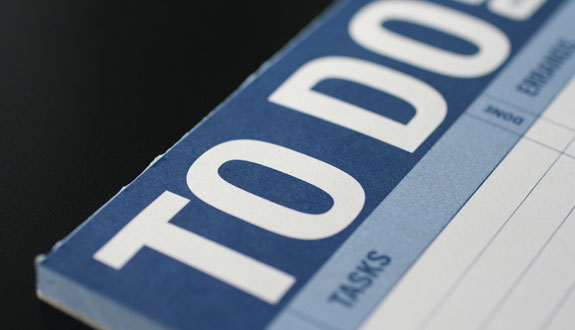
Extra Practice: Fun With Correlation and Causation
Here at Blueprint, it is pretty common for our students to gripe about the large amount of homework we give them. It gets tedious, and you wish there was a way to mix things up while still practicing our methods. We also hear from a different set of students who burn through all the homework, and who crave more supplemental drills, especially in the precious few weeks before the LSAT. We understand where both groups of students are coming from, and today, on this very LSAT blog, I’d like to help.
One of the most common argument types on the LSAT are causal arguments. You’ll hear from a plethora of characters on the LSAT who notice that two things tend to occur together, and then they emphatically claim that one thing CAUSED the other. You will then likely be asked to identify something that strengthens or weakens the argument.
Let’s look at a classic example: “John the lifeguard examined the data, and noticed that during the last hundred years, whenever there was a high incidence of shark attacks at Paradise Cove, there was also a corresponding increase in ice cream sales. Much to John’s horror, he concluded that these tragic and gruesome attacks actually CAUSED people to run out to the store and enjoy a pleasant cone of ice cream.”
John’s a dumb-dumb. He ignored a fairly obvious alternate cause to both phenomena. When it’s hot out, there are more swimmers for sharks to attack, and when it’s hot out, ice cream is especially delicious. Rest easy Lifeguard John, the citizens of Paradise Cove are good folks.
Let’s do this same exercise on a real-life scientific study. We are only going to look at the causal conclusion, not the strength of the science behind it. Disclaimer #1: This crude, hastily composed article is not an excuse to skip Lesson 10, which covers causal conclusions in-depth. Disclaimer #2: This study contains mature content, but has been reported in a legitimate article from a legitimate source. Direct your complaints to CBS news — or science. Here we go:
“Oral Sex leads to Higher Rates of Intercourse.” (Click here for the CBS news article).
The researchers’ claim: oral sex leads to intercourse.
I know. I’m as shocked as you are. While it is highly unlikely that this exact argument is going to show up on the upcoming December LSAT, there is still much we can learn. Suppress your fake outrage, and think of it as simply “act A causes act B”. If this DID happen to be the causal conclusion that was presented in the stimulus, here is what you should be looking for in the answer choices in order to strengthen or weaken the argument.
Strengthen the claim:
– Eliminate an Alternate Cause: (ex: After their date, Jane slept with John, who performed “act A.” Jane loves good conversation and a guy with a really nice car. After John picked Jane up for their date on his two-seat bicycle, Jane realized that the two had very little in common to talk about.)
– Same Cause, Same effect: (see CBS news article)
– No cause, no effect: (ex: Mary and Bob are in a healthy, long term monogamous relationship. They love each other very much, yet Bob realizes that whenever he fails to perform “act A”, the happy couple never engage in “act B.” Figure it out Bob.)
Weaken the claim:
– Introduce Alternate Cause: (ex: Jane and John engaged in “act B” after their first date (Jane!?). John is sure it was because of his impressive ability to perform “act A”. He is oblivious to the fact that Jane has been madly in love with him for the last decade).
– Cause, no effect: (Frustrating for everyone involved, I would imagine)
– No cause, same effect: (ex: A survey asked 1,000 randomly selected college Seniors to recall their last 5 dates. The daters were just as likely to engage in “act B” whether or not “act A” occurred or not. All 1,000 daters then promptly described college as “awesome”).
I hope this has been an educational experience for all. If remembering any of these silly examples leads to even one extra point on test day, you can thank Blueprint founder Matt Riley for forwarding me the article and encouraging me to write this blog post. Good luck December LSAT-takers, and I’ll see you next week!




